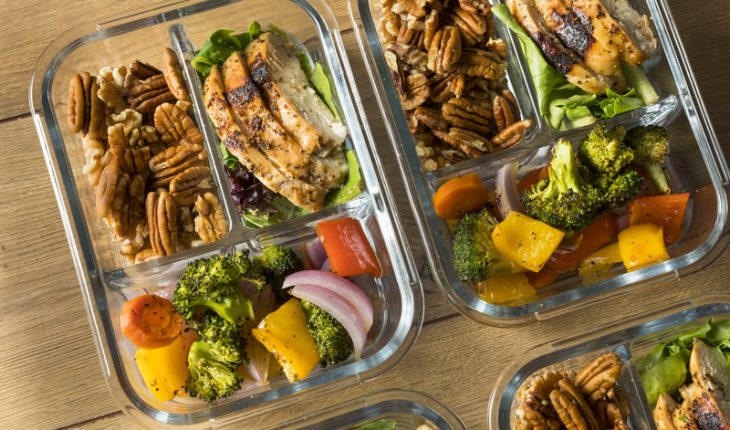Processed foods aren’t nutrient-dense, which means you’re likely missing out on essential vitamins and minerals. Additionally, processed foods aren’t typically filling. This means you’ll be going back to eat more food later in the day and adding more calories or unnecessary energy to your diet. Learn why you specifically need to eat less processed foods down below.
Critical Vitamins and Minerals
Processed foods aren’t rich in vitamins and minerals, unlike natural foods like fruits and vegetables. Vitamins and minerals are usually removed in processed foods because of the way these foods are prepared and created in factories. Meanwhile, fruits and vegetables are simply picked from a plant and sent to the grocery store for you to eat.
Some of the vitamins and minerals most processed foods are missing include:
- Vitamin A: Helps with vision and body cell maintenance
- B Vitamins: Variety of bodily benefits
- Vitamin C: Helps with tissues and blood vessels
- Vitamin D: Helps with disease defense and bone strength
- Vitamin E: Helps keep the skin smooth and protected
- Vitamin K: Helps with bleeding and wound health
While fruits and vegetables naturally have vitamins and minerals that are great for your body, sometimes you’ll need to take dietary supplements to get what you need. If you have children who are picky eaters, dietary supplements can help them as well.
Trace Elements
A trace element is essentially a mineral that you need in far less amounts than typical minerals. Some examples include zinc, iron and copper. While you need less of these microminerals, you shouldn’t neglect them. Just be sure not to overdose as these elements can be toxic.
Trace elements have many uses. Athletes often use zinc for better performance because it helps move oxygen through the body. They could also use zinc to manage their hormones. People with iron-deficiencies need more iron to prevent fainting and exhaustion. Trace elements can help with other diseases or ailments, too.
Nutrient-dense Foods
As previously mentioned, processed foods aren’t filling. You’re going to go back to the pantry or fridge an hour or two later, which means you’re taking in more food than your body actually needs. This is because processed foods aren’t nutrient dense. A food that is nutrient dense has both a low calorie count and nutrients like fiber, minerals, and vitamins.
Why eat something with a low calorie count? Oftentimes, people don’t need as much energy as they’re eating. That extra energy then gets stored away into fat, which can cause people to gain weight. Eating food that fills your stomach without having unnecessary calories can help you stay healthy.
By eating foods that aren’t processed, your body can be healthier. Most processed foods have way too much sugar, salt, and fats added to them, rather than the vitamins and minerals your body needs. So stay away from processed foods, and try something grown straight from the ground.
Read this next: 3 Important Principles for Staying Healthy




